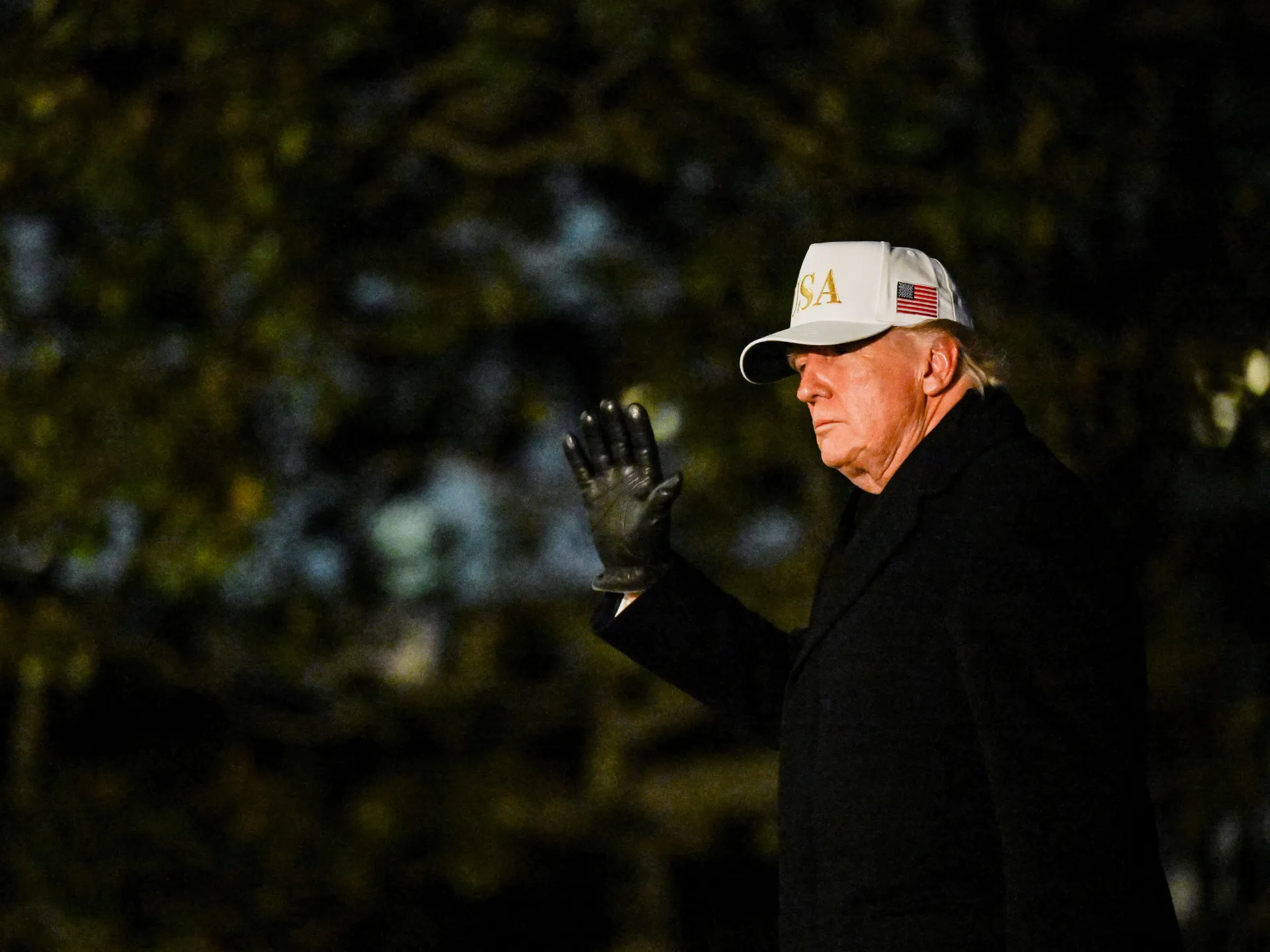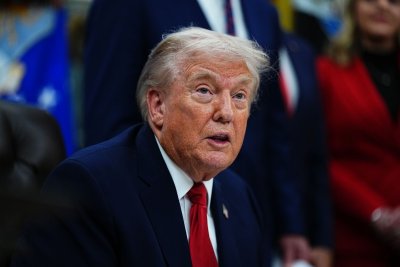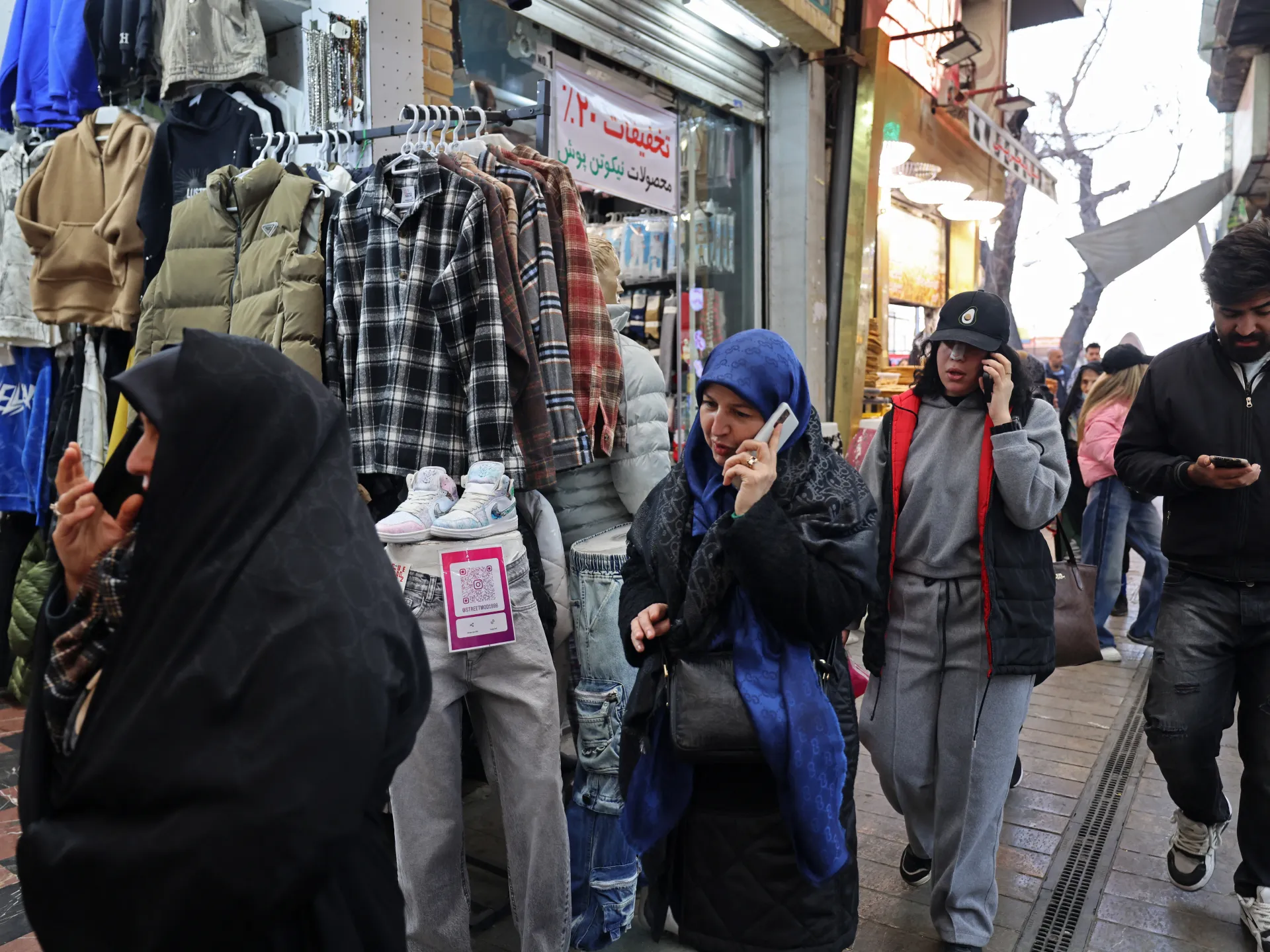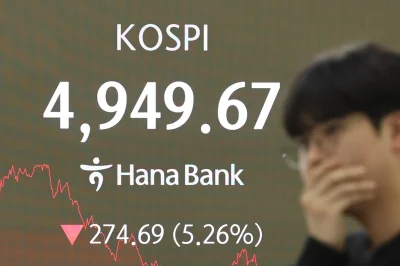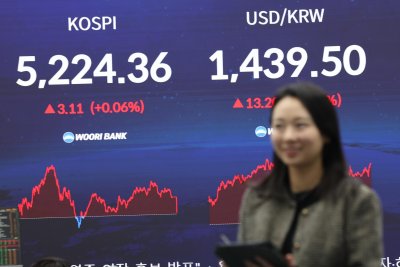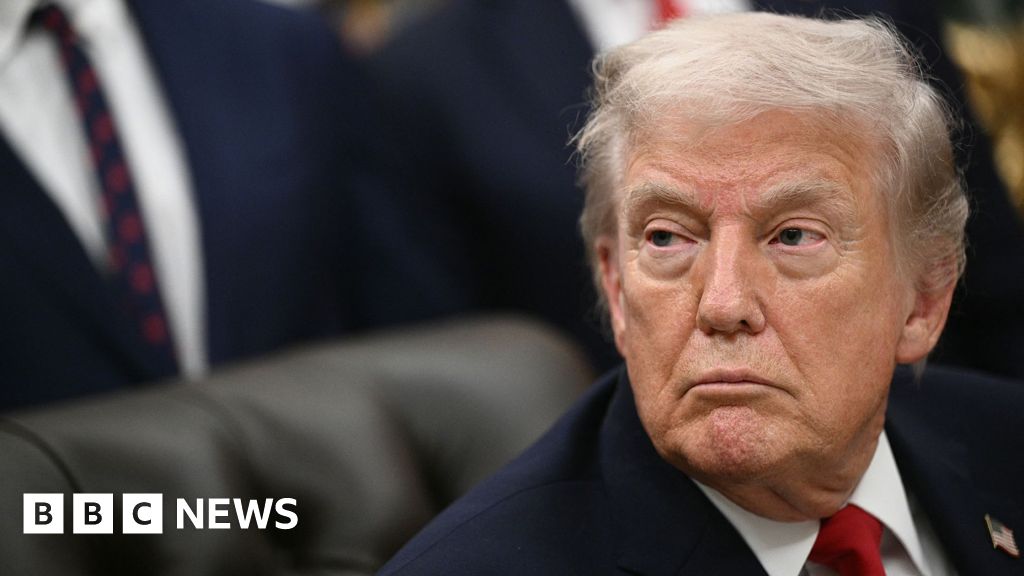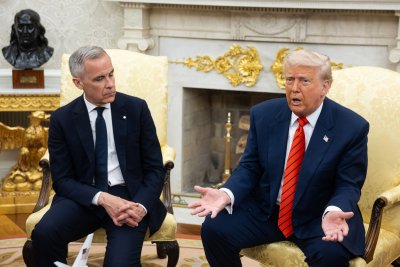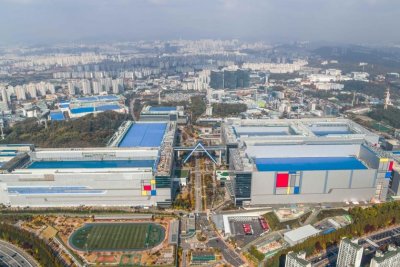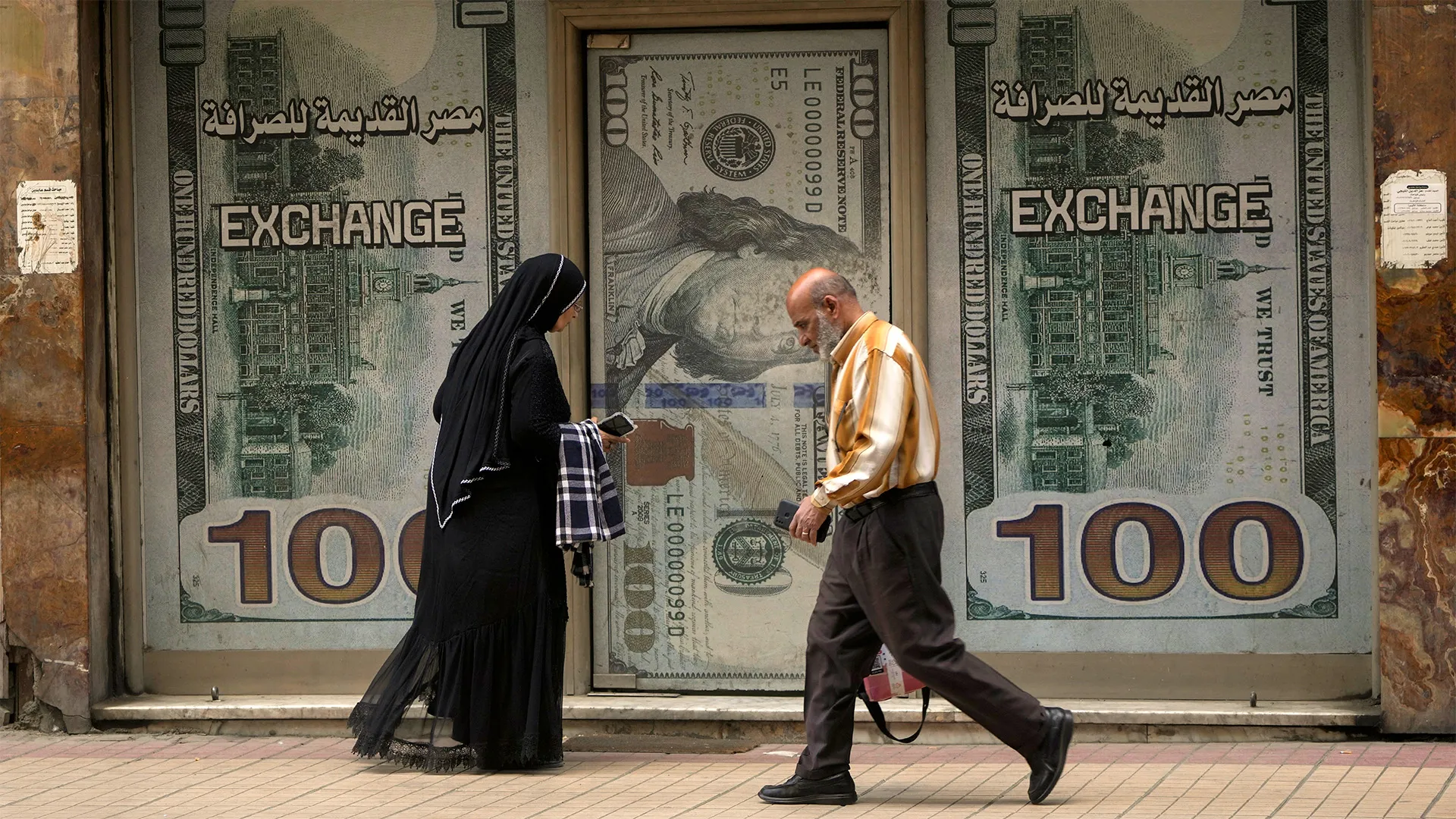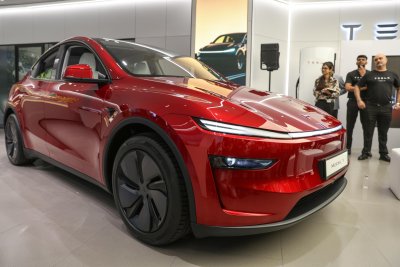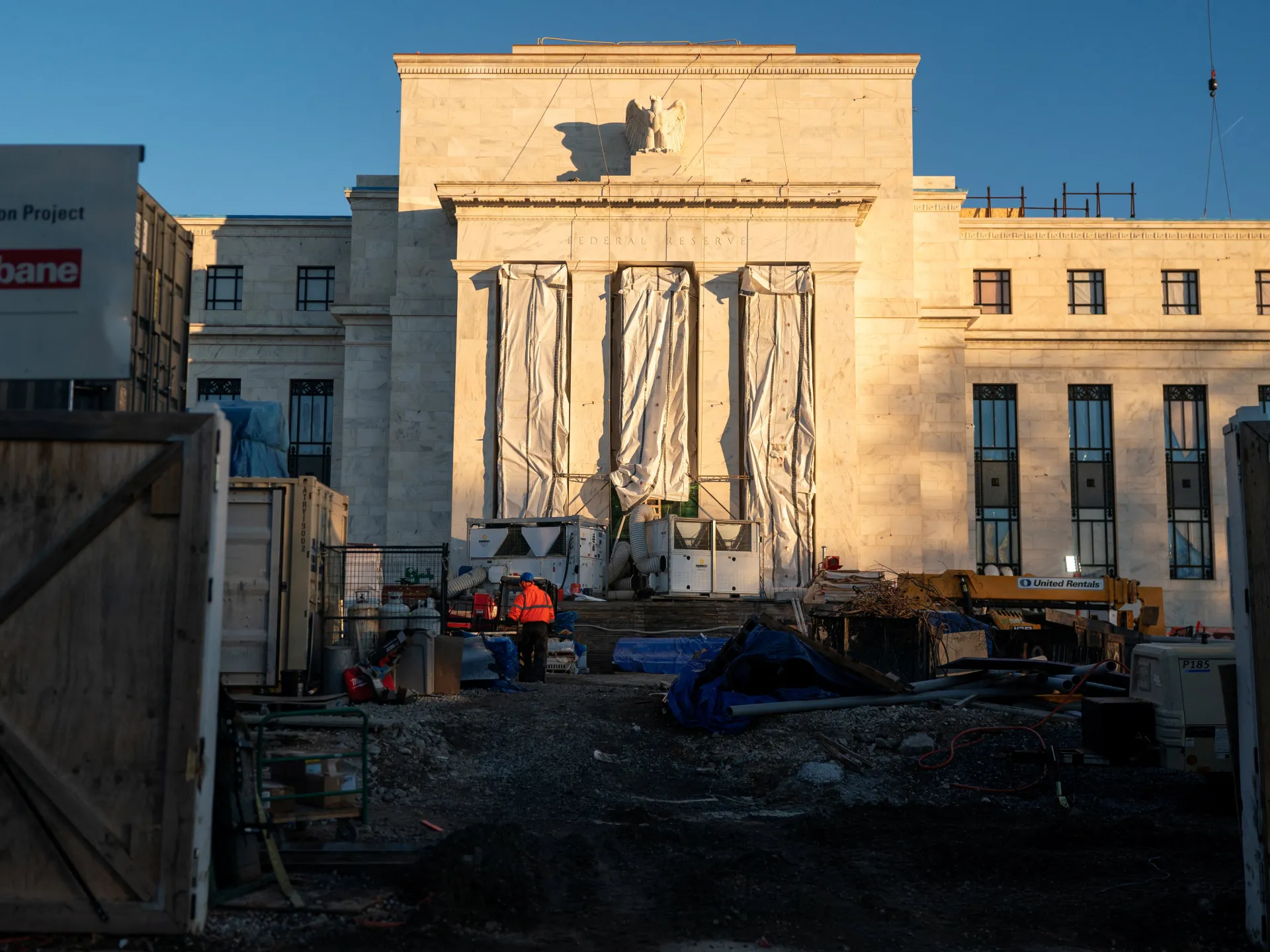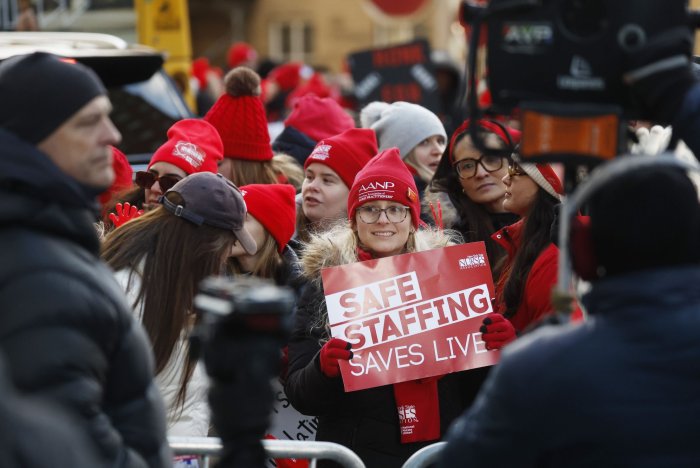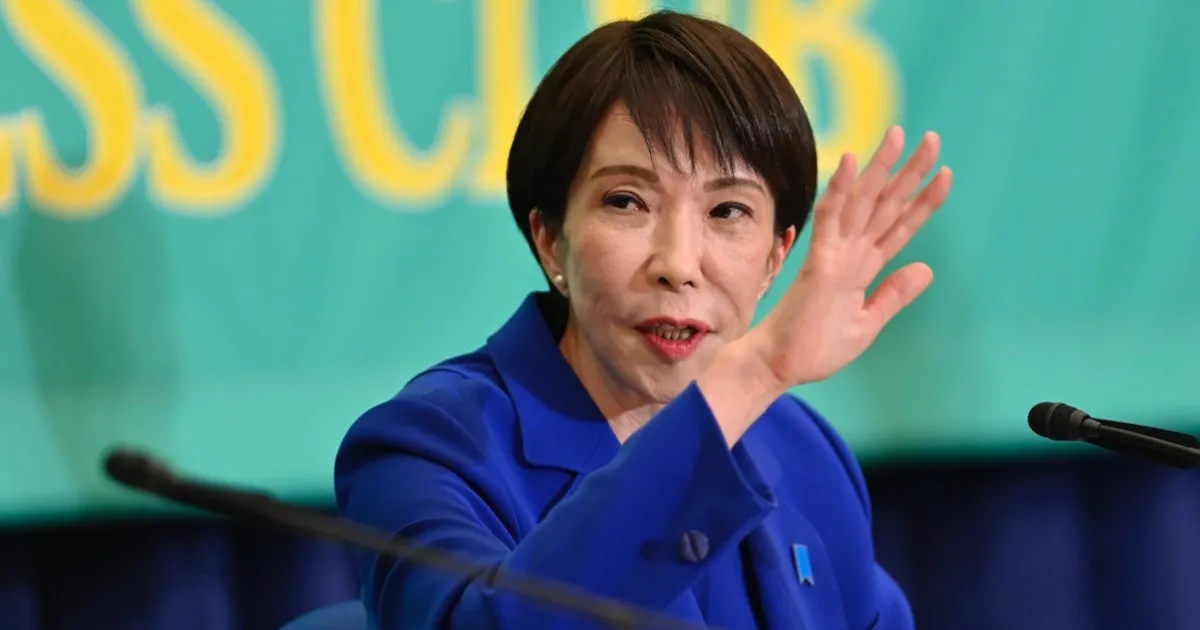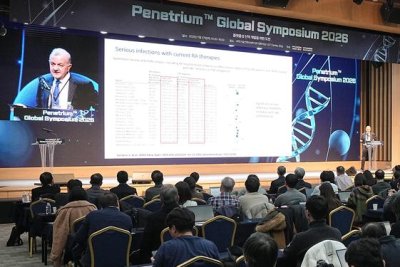What is the US strategic minerals stockpile? | Business and Economy News
United States President Donald Trump has announced the launch of a strategic minerals stockpile.
The stockpile, called Project Vault, was announced on Monday. It will combine $2bn of private capital with a $10bn loan from the US Export-Import Bank.
Recommended Stories
list of 4 itemsend of list
It is the latest move by the White House to invest in rare-earth minerals needed in the production of key goods, including semiconductor chips, smartphones and electric car batteries.
The aim is to “ensure that American businesses and workers are never harmed by any shortage”, Trump said at the White House.
The move to develop a strategic stockpile is the latest in a slew of efforts by the Trump administration to take control of the means of production for critical rare-earth materials to limit reliance on other countries, particularly China, which has held up its exports to gain leverage in negotiations with Trump.
Here’s a look at some of the investments the US government has made in this space.
What are the investments?
In 2025, the Trump administration acquired equity stakes in seven companies by converting federal grants into ownership positions. Among the investments is a 10 percent stake in USA Rare Earth, which plans to build rare-earth element and magnet production facilities in the US.
The project is supported by $1.6bn in funding allocated under the CHIPS Act, legislation passed during the administration of former Democratic President Joe Biden, aimed at reducing dependence on China for semiconductor manufacturing.
USA Rare Earth announced the investment last week and expects commercial production to begin in 2028.
The US government also acquired a roughly 10 percent stake, valued at about $1.9bn, in Korea Zinc to help fund a $7.4bn smelter in Tennessee through a joint venture controlled by the US government and unnamed US-based strategic investors, who would then control about 10 percent of the South Korean firm.
The venture will operate a mining complex anchored by two mines and the only operational zinc smelter in the US. Construction is set to begin this year, with commercial operations expected to start in 2029.
In October, the government announced a $35.6m investment to acquire a 10 percent stake in Canadian-based Trilogy Metals to support the Upper Kobuk Mineral Projects (UKMP) in Alaska. The investment backs the development of critical minerals, including copper, zinc, gold, and silver, in Alaska’s mineral-rich northwest Ambler mining district.
Also in October, the US announced a 5 percent stake in Lithium Americas as part of a joint venture with General Motors (GM) to fund operations at the Thacker Pass lithium mine in Nevada. The project will supply lithium for electric vehicles and has attracted significant interest from the Detroit-based automaker.
In August, the White House acquired an almost 10 percent stake in Intel. The government’s investment in the semiconductor chip giant was an effort to help fund the construction and expansion of the company’s domestic manufacturing capabilities.
In July, the White House announced a 15 percent investment in MP Materials, which operates the only currently active rare-earth mine in the US, located in California. The largest federal stakeholder in the investment is the Department of War, then called the Department of Defense, which committed $400m.
The US is also reportedly exploring an 8 percent share in Critical Minerals for a stake in the Tranbreez rare-earths deposit in Greenland, underscoring Trump’s unsolicited attempts to acquire the Danish self-governed territory, the Reuters news agency reported.
Amid news of Trump’s stockpile plan, sector stocks are mixed. MP Materials and Intel are up 0.6 percent and 5 percent, respectively. Others finished out the day trending downwards. Lithium Americas is down 2.2 percent. Trilogy metals is down almost 2 percent, USA Rare Earth is down by 1.3 percent, and Korean Zinc finished down 12.6 percent.
Is this unusual?
The government buying equity stakes in large companies is unusual in US history, but not unprecedented.
During the 2008 financial crisis, the US government temporarily acquired equity stakes in several major companies through the Troubled Asset Relief Programme (TARP). In 2009, TARP provided federal assistance to General Motors, ultimately leaving the government with a more than 60 percent ownership share. This intervention began in the final months of the administration of former President George W Bush. The government fully sold its stake in GM in 2013.
Through TARP, the government also acquired a 9.9 percent stake in Chrysler, which it exited in 2011.
The programme extended beyond car makers to the financial sector. The US government took a more than 73 percent stake in GMAC (General Motors Acceptance Corporation, now Ally Financial), exiting its ownership in 2014. It also acquired nearly 74 percent of the financial services insurance giant AIG, selling its remaining stake in 2012, and took a 34 percent stake in Citigroup, which it fully exited by 2010.
“This isn’t like 2008, when there was an urgent need to shore up critical companies. There’s a much more measured approach here. They [the US government] want these investments to generate returns, and they need to be seen as good investments in order to attract other forms of capital,” Nick Giles, senior equity research analyst at B Riley Securities, an investment banking and capital markets firm, told Al Jazeera.
During the Great Depression, the government bought stakes in several large banks. Before that, at the turn of the 20th century, it bought an equity stake in the Panama Railroad Company, which was responsible for building the railway that would be used during the construction of the Panama Canal. That equity stake was attached to a specific project rather than a more open-ended challenge, such as foreign dependence on critical minerals.
“There may not be a defined end date, but they’re clearly looking to make a return, and it sends an important signal that more is coming. I don’t think they [the government] are going to let this fail,” Giles added.
Political divide on the approach
Interest in providing funds to critical mineral projects was shared by Trump’s predecessor, Biden, who brought in the CHIPS Act for that purpose. Biden was focused on providing grants for projects rather than buying equity stakes.
Trump’s approach to buy stakes is actually more aligned with progressive Democrats than with members of his own party. Vermont Senator Bernie Sanders has long been a proponent of the US government buying equity stakes in companies.
In August, after the White House bought an equity stake in Intel, Sanders applauded the move.
“Taxpayers should not be providing billions of dollars in corporate welfare to large, profitable corporations like Intel without getting anything in return,” Sanders said at the time.
Kentucky Senator Rand Paul, a Republican known for his libertarian stances, called ownership a “terrible idea” and referred to it as a “step towards socialism” on CNBC. North Carolina’s Thom Tillis likened the Intel investment to something that countries like China or Russia would do.
For Babak Hafezi, professor of international business at the American University, the investments are a step to remove any reliance on China.
“Without domestic control and resiliency in both extraction and production, we are dependent on China, which extracts nearly 60 percent of global rare-earth minerals and produces 90 percent of it. This creates a major global chokepoint, and China can use this chokepoint as a means to dictate American Foreign policy via supply chain limitations,” he said.
“Thus, establishing free and open markets for US consumption is critical to remove any dependency.”
